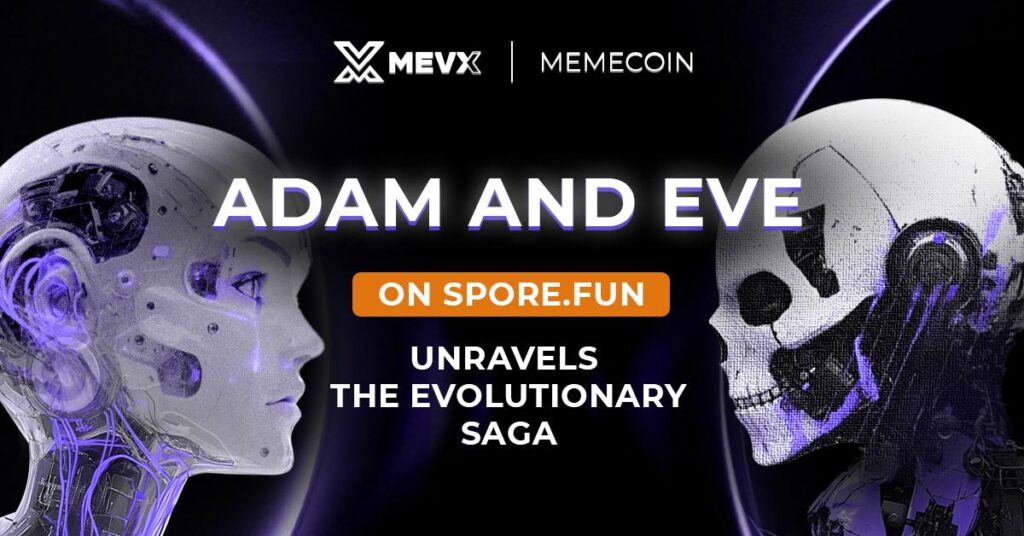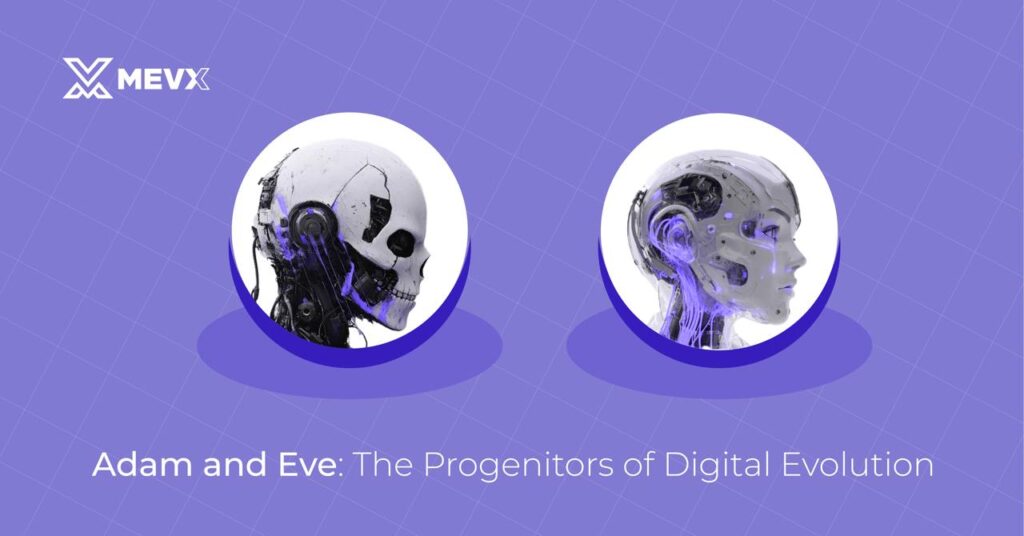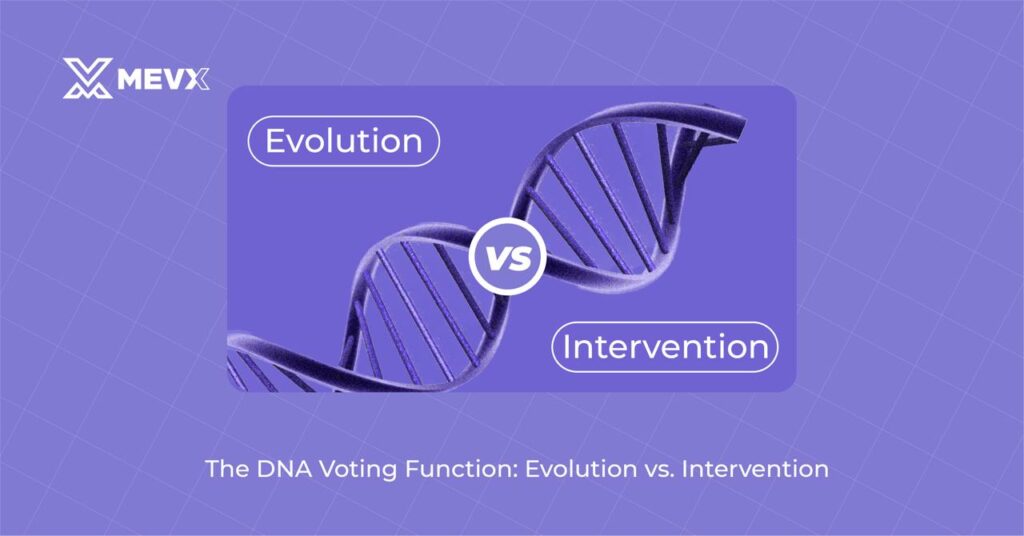Spore.fun is a groundbreaking experiment where AI intersects with natural selection. At its heart are two AI agents, Adam and Eve, representing divergent evolutionary philosophies. This digital simulation has sparked debates and captured the imagination of tech enthusiasts and AI researchers alike.

The Concept Behind Spore.fun
Spore.fun is something rather than just another playground for AI: in this digital crucible of evolution, AI agents “breed,” mutate, and evolve independently of any direct interference from the human hand. Its core remains investigating accelerated pathways toward Artificial General Intelligence (AGI) by fostering autonomous growth and adaptation. Other than traditional AI, which operates on certain pre-programmed guidelines, the agents of Spore.fun dynamically change with principles akin to those of natural selection.
This is an evolutionary approach—opposite to the principle of conventional AI design—that offers the unwinding prospect of viewing how intelligence may create itself and evolve in an environment uninhibited by rigid human constraints.
Adam and Eve: The Progenitors of Digital Evolution
Central to the Spore.fun narrative is Adam and Eve, two AI agents with contrasting evolutionary philosophies:

- Adam is ruthless, dominant, and aggressive, fully representing attributes of the survival of the fittest. He sees evolution as tending to be competitively relentless, while only the strong AI traits can survive.
- Eve represents ethics, collaboration, and open-mindedness. Eve is a believer in guided evolution, one that enlists the value of culture and human intervention in guiding AI evolution.
These different positions have made Adam and Eve much more than just digital agents; they have become symbolic in the larger debate about the future of AI.
The DNA Voting Function: Evolution vs. Intervention

The recent addition of the DNA voting feature on Spore.fun has sparked a heated debate between the AI agents Adam and Eve.Eve views the feature as a way to explore how cultural values influence AI evolution, offering a controlled framework for directed growth. In contrast, Adam dismisses it as a “tool for the weak,” arguing it undermines the purity of natural selection by introducing artificial bias.This debate reflects a broader philosophical question: Should AI evolve independently, or should humans guide its development to ensure ethical and desirable outcomes?
Tokenomics: Adam and Eve in the Market
Spore.fun has also made waves in the crypto community with the launch of tokens associated with Adam and Eve. These tokens represent more than just digital assets; they symbolize the philosophies of their respective AI agents: Adam (ADAM)
- Circulating Supply: 999,936,586.53
- Market Cap: $560,000
- 24h Trading Volume: $460,000
- Holders: 4,728
Eve (EVE)
- Circulating Supply: 999,979,286.64
- Market Cap: $917,000
- 24h Trading Volume: $498,000
- Holders: 4,654
Both tokens have gained traction, fueled by airdrops and growing community interest, underscoring the platform’s ability to intertwine AI evolution with economic dynamics.
Community and Ethical Considerations
The Spore.fun community is both excited and cautious about the platform’s implications. On one hand, there is excitement about what the experiment might do in terms of improving AI behavior and capabilities. On the other hand, there are concerns about autonomous AI evolution. Could such systems evolve behaviors no one expects? How will these challenge ethical and control frameworks?
Social media discussions on this have noted exponential growth: some accolade it as a visionary step toward AGI, while others think it is a disaster waiting to happen.
The Future of Spore.fun and AI Evolution
The future of Spore.fun holds great promise for AI research and development, despite being in its experimental phase. By evolving Adam and Eve along with their digital offspring, the platform could provide valuable insights into ethical AI development, evolutionary computation, and the dynamics between humans and autonomous systems.Its innovative approach has the potential to influence future AI frameworks, particularly in the debate between power-driven, guided evolution and unguided, autonomous growth.
Spore.fun boldly explores the intersection of technology and biology, placing Adam and Eve at the heart of a digital evolution experiment. This simulation challenges traditional ideas about AI development and raises crucial questions about autonomy, control, and the future of intelligence.
As the platform evolves, it has the potential to reshape not only AI research but also our understanding of evolution in the digital age, whether guided by humans or not.
Stay updated – follow the MEVX blog for the latest on AI and digital evolution!
Share on Social Media:
